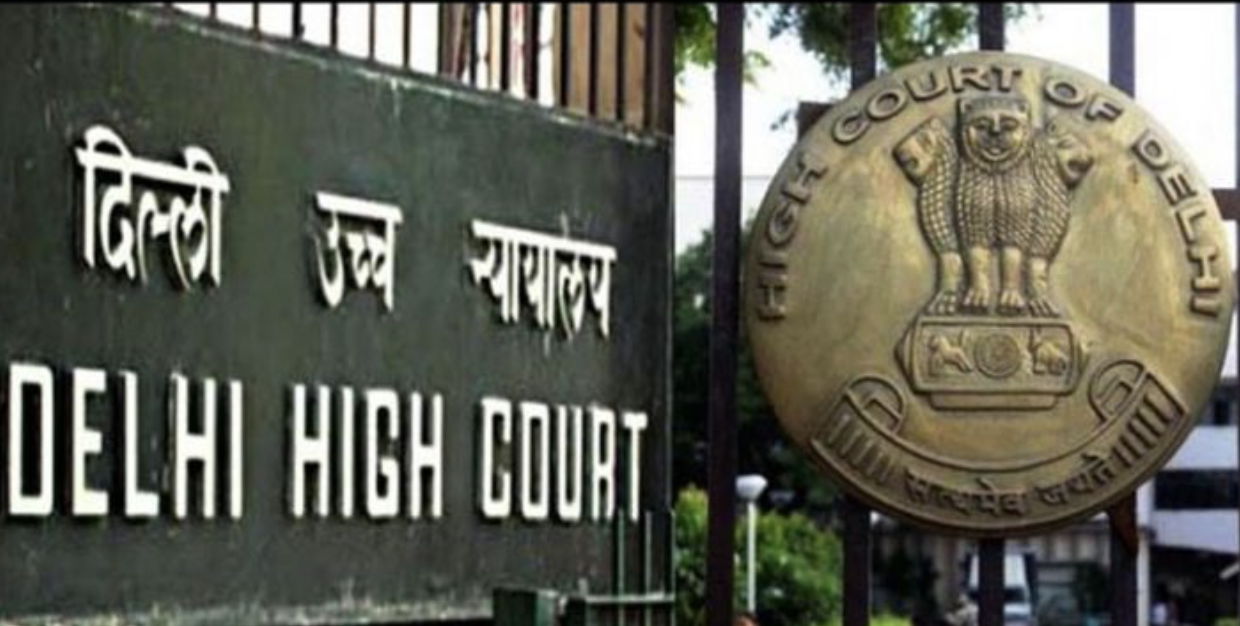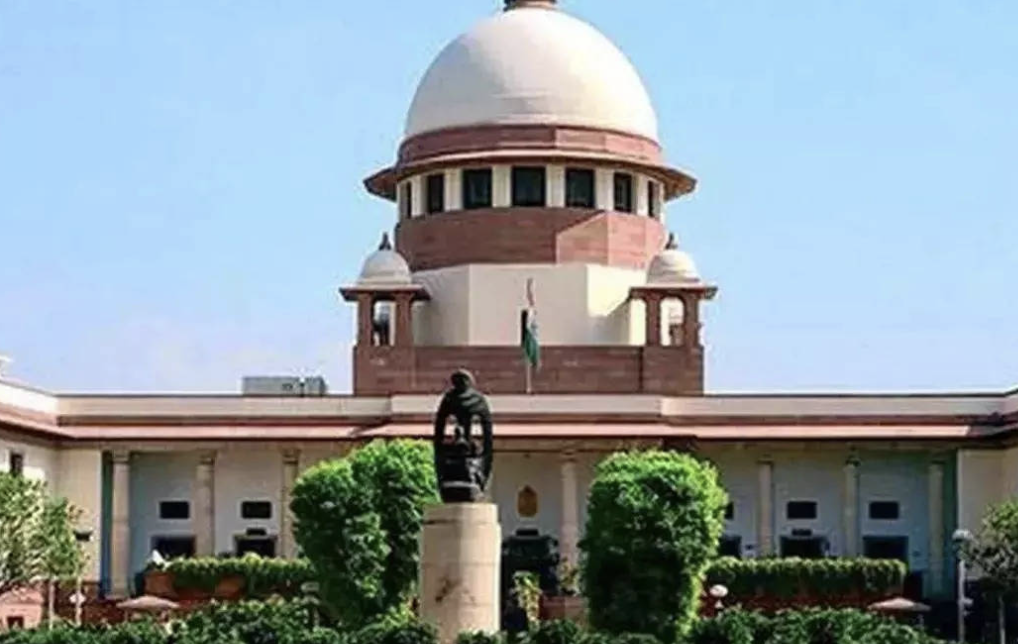
Investing Agency cant be allowed to defeat right of statutory bail by filing of police report without completion of investigation
Introduction
In a landmark ruling, the Delhi High Court has emphasised the importance of preserving the
right to statutory bail and curbing the excessive powers of investigating agencies. The court
declared that an investigating agency cannot be allowed to defeat an individual’s right to
statutory bail by filing a police report without completing the necessary investigation. This
decision sets a significant precedent in safeguarding the fundamental rights of individuals
accused of criminal offences.

Background
The right to statutory bail is a fundamental aspect of criminal jurisprudence. It ensures that an
accused person is not unjustly detained for an indefinite period before trial. Statutory bail
grants the accused temporary freedom, subject to certain conditions, until the conclusion of
the investigation or the commencement of the trial. However, in recent times, investigating
agencies have been accused of misusing their powers by filing incomplete charge sheets or
police reports to deny individuals their right to statutory bail.
The Delhi High Courts Verdict
In a recent case before the Delhi High Court, the court addressed the issue of investigating
agencies attempting to defeat the right to statutory bail by filing incomplete charge sheets or
police reports. The court unequivocally held that such actions were unconstitutional and
violated an individual’s fundamental rights. The court observed that the right to statutory bail
is an integral part of the criminal justice system, and any attempt to undermine it would erode
the foundations of justice.

The court further emphasised that the power to grant bail should not be diluted or bypassed by investigative agencies. While acknowledging the importance of allowing investigations to proceed unhindered, the court noted that the right to liberty must be upheld unless there are compelling reasons to curtail it. The filing of incomplete charge sheets or police reports as a tactic to extend detention without proper justification was deemed to be an infringement of the accused person’s rights.
The Role of Statutory Bail in Preserving Individual Rights
Statutory bail serves as a crucial safeguard against arbitrary arrests and detentions. It is
designed to protect an individuals right to liberty, as enshrined in the Constitution of India.
The concept of bail rests on the principle that a person is presumed innocent until proven
guilty and should not be subjected to undue hardship or deprivation of personal freedom
before their guilt is established. By granting temporary release to the accused, subject to
reasonable conditions, statutory bail strikes a balance between the interests of justice and the
rights of the accused. It allows individuals to prepare their defense, consult legal counsel, and
continue with their daily lives while the investigation or trial proceeds.
Misuse of Investigative Powers
Unfortunately, there have been instances where investigating agencies have been accused of
abusing their powers to circumvent the right to statutory bail. This has resulted in prolonged
detentions, often without adequate justification or completion of investigations. In some
cases, incomplete charge sheets or police reports have been filed as a tactic to prevent
individuals from obtaining bail, effectively denying them their constitutional right to liberty.
The Delhi High Courts ruling serves as a crucial check on such misuse of power. It reaffirms
that investigating agencies must adhere to the principles of due process and ensure that
investigations are carried out thoroughly and expeditiously, without resorting to unfair tactics
to prolong detentions.
Balancing Investigation and Individual Rights
While recognising the importance of unhindered investigations, the court emphasised that the
right to liberty is of paramount importance. It stated that the powers of investigating agencies
should not be used as a tool to curtail personal freedom without valid reasons. The court’s
ruling underscores the need for a delicate balance between the investigative process and an
individual’s fundamental rights.
The court further highlighted that the filing of incomplete
charge sheets or police reports not only violates an individual’s right to statutory bail but also
undermines public confidence in the justice system. By allowing such practices, the integrity
of the criminal justice system itself is called into question.
Implications of the Ruling
The Delhi High Courts ruling has far-reaching implications for the criminal justice system in
India. It reiterates the significance of preserving the right to statutory bail and ensures that
investigating agencies cannot act as arbiters of an individuals freedom. The decision acts as a
safeguard against arbitrary and prolonged detentions that are contrary to the principles of
justice and fairness.
This judgment will act as a deterrent to investigating agencies who may
have previously attempted to manipulate the legal system for their own convenience. It
encourages a fair and transparent investigative process, where the focus remains on the
thorough completion of investigations rather than on extending detention as a means to extract confessions or manipulate the accused.
Furthermore, the ruling underscores the vital role of the judiciary in upholding the rule of law and protecting individual rights. It reinforces the judiciary’s commitment to ensuring justice for all and preventing any misuse or abuse of power by investigating agencies.
Conclusion
The Delhi High Courts recent ruling signifies a significant victory for individual rights and
the rule of law. By affirming the importance of the right to statutory bail and curbing the
excessive powers of investigating agencies, the court has reinforced the principles of justice
and fairness in the criminal justice system. The decision acts as a powerful deterrent against
the misuse of power by investigative agencies, ensuring that the pursuit of justice remains
rooted in the principles of equality, due process, and individual liberty.







